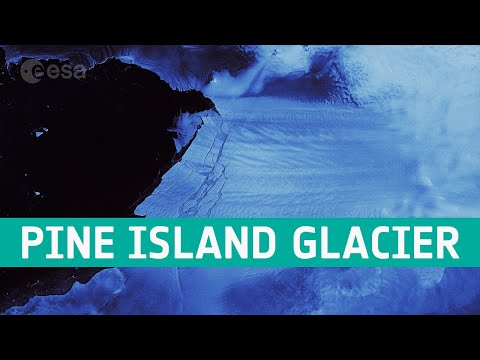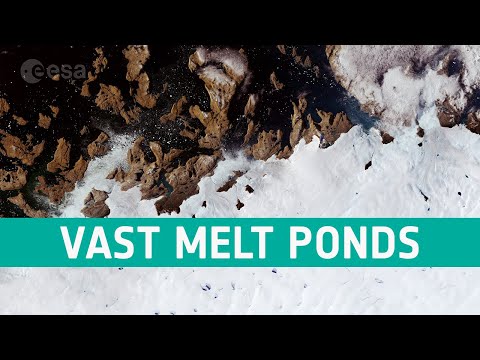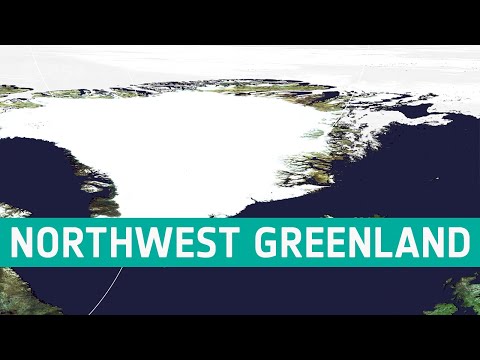Old Arctic sea ice going down the drain
An ‘ice arch’ in the Lincoln Sea, part of the Arctic Ocean, acts as a bridge, holding back the older thicker sea ice. This arch normally breaks up in July, but this year it has disintegrated much earlier, allowing a southward flowing current to quickly flush away significant amounts of old, thicker sea ice through Nares Strait.
Nares Strait is a narrow channel of water that separates Greenland and Ellesmere Island in Canada. A significant amount of sea ice is pushed through this passage every summer and autumn. This year, however, the early collapse of the Lincoln sea arch, which normally hems in the ice until later, could mean that a greater proportion of the oldest and thickest Arctic sea ice is at risk of being lost.
Ice transport through Nares Strait contributes to ice loss from the Arctic Basin, though typically this is less than 10% of the ice that is exported through Fram Strait to the east of Greenland.
However, sea ice that is removed from the Lincoln Sea is some of the thickest and oldest ice in the Arctic. Consequently, Nares Strait ice export represents an important contribution to Arctic ice volume loss, and is critical to the survival of the perennial ice pack.
Using images captured by the Copernicus Sentinel-1 mission between the beginning of October 2016 and mid-May 2017, the animation shows large chunks or ‘floes’ of old ice effectively being ‘flushed down the drain’ at a considerable rate.
The animation also indicates sustained periods ice being transported north–eastward along the coast of Ellesmere Island, feeding thick old ice into the Lincoln Sea. This contributes to an overall reduction in the volume of Arctic sea ice and raises concerns about how Nares Strait exports ice in what is forecasted to be a record summer ice volume minimum. The summer minimum is reached in September.
Copyright: contains modified Copernicus Sentinel data (2016–17), processed by DTU Space





Is there a connection between this drainage of sea ice and the ocean south of Greenland becomming colder?
Watched "The Polar Sea" on Netflix which was very interesting!
58 days left give or take
Very sad, not just the fact this is contributing to rising seas but think of how many valuable ice cores have been lost which could have taught us about the history of the earth.
It's painful to see these breakups, It's even more painful that man still doesn't see what he's doing or he does and just doesn't care, Money is the issue here also.
lol,it looks like brain tissue
I can't stop watching.
It is fascinating seeing something solid flow like a liquid.
We will soon all be going down the drain and join the long list of extinct species. Too much too big problems and too little brain power, since you can't solve problems with the same level of thinking that created them in the first place. If its's any consolation, death will end the suffering that will be ahead. Artificial super intelligence won't come in time to solve our problems. And… if it does, it will likely conclude that we ARE the problem. And whatever the outcome, it WILL be the last thing humanity will ever invent.